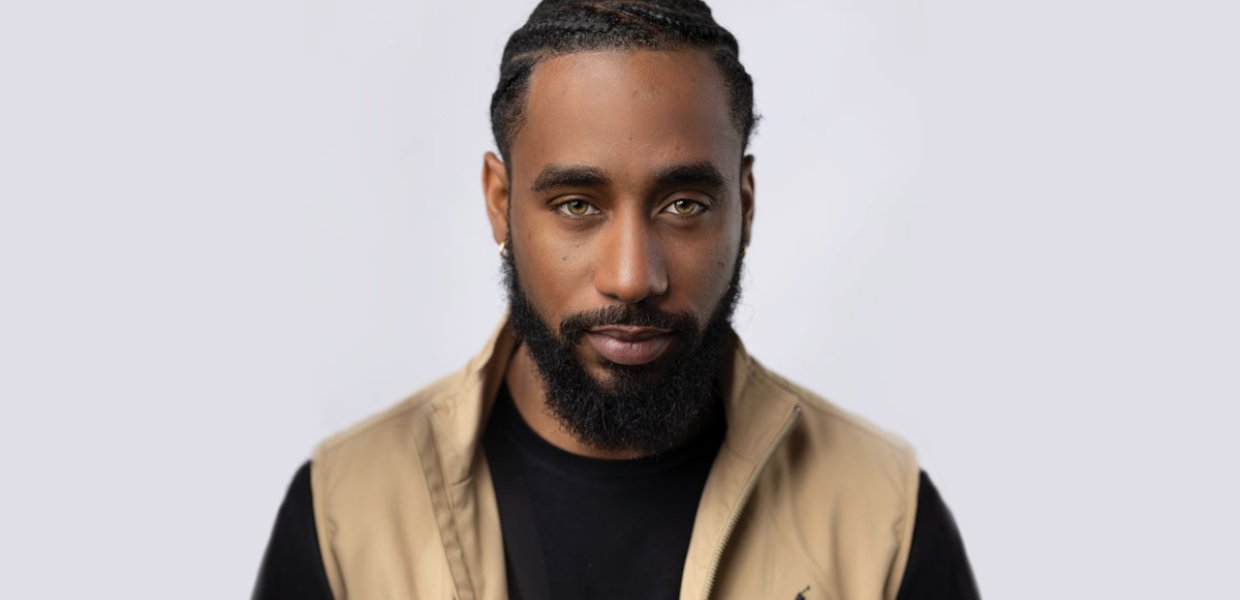Life changes in a blink — in the flash of a thought, or within the sweep of a gesture. Nate Howard, executive director of Movement BE, a San Diego-based nonprofit and online platform serving vulnerable youth, knows this truth all too well.
In 2013, Howard was a senior studying communication at USC Annenberg. Four years about to be wrapped up in a neat bow: Courses completed, finals in the wings, then graduation. Howard remembers feeling proud, ready to pause and celebrate this milestone. He had planned a large party. Students arrived and the volume rose. “Everybody was throwing some type of celebration,” he notes, “but ours was mainly students of color.”
What had been a celebration, in an instant shattered into something quite the opposite. Someone had called in a complaint about the “noise,” and suddenly a phalanx of police officers arrived in full riot gear to shut the party down. Ultimately six attendees were arrested, including Howard. “I just remember everything happening so fast,” he said. Howard and other attendees immediately took to social media, posting their version of what transpired. The press — local and national — seized on the story and covered the USC campus protest staged two days after the raid. An image of Howard made the front page of the Los Angeles Times.
“In class, we were learning how to use technology and social media to build a movement. That’s where we came up with the hashtag #USChangemovement,” he explained. While he was not charged, the incident and its aftermath shook him to the core. The experience also underscored long-unvoiced feelings. “I was excited that someone wanted to tell our story, but I was also realizing that the consideration wasn’t always there. You are a student who was literally racially profiled, handcuffed and detained, and reporters were like: ‘We need the story!’ But as instantly as they need it, they are done with it.”
That incident sparked an epiphany. Howard initially started exploring the idea of Movement BE (“BE” as in “Brave Entrepreneur”) through BE the Music, a show he created for the student-run television station, Trojan Vision. As the host, Howard interviewed performers about what inspired them. After the police incident, however, he shifted. He would use the model and the brand to help young people like him, who too often felt vulnerable, stereotyped, profiled and scapegoated. Whose stories were too often written by society’s prejudices or suspicions.
After graduation, he connected with his old high school in San Diego and developed an after-school program called “BE the Voice.” The workshop became a safe space for students who felt overlooked or misunderstood. Howard would share his story and ask students to tell theirs, underscoring the power of what he calls “narrative therapy.” He pressed them to write from the heart, not to think about form or punctuation, but to drill deep. Attendance quickly grew from 15 to 40.
“I realized that if students don’t have healthy minds and emotional maturity, they are not going to succeed academically,” he said.
From these seeds, Howard kept refining Movement BE, growing his target audience to vulnerable youth outside his alma mater: students in the juvenile hall system, youth impacted by homelessness, or young people struggling with anxiety issues. By folding his communication skills and his curiosity about personal story arcs into his avid interest in poetry and spoken word, he had landed on a formula that would help coax those hidden stories to the surface: “Poetry could contain and express difficult truths,” he said.
Howard always reminds his students: The outside world may attempt to put them in a box. People might try to limit their aspirations and sense of self. Movement BE hands the power back to them. “Instead of reinforcing or reacting to the story that is written for us, I say to youth: ‘Well, who is the author?’ You have the power to revise and edit your story, when you always have the pen.”
